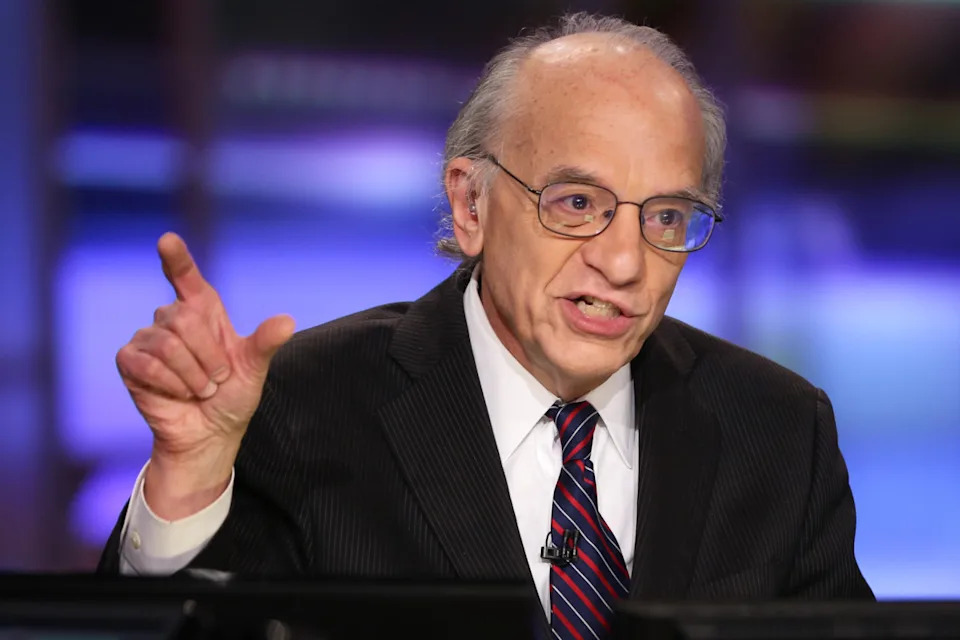Wharton professor issues gruesome warning on Bitcoin
- September 9, 2025
- Category:

Jeremy Siegel, a Wharton Business School professor and the chief economist at the investment management firm WisdomTree, stated to CNBC that Bitcoin may turn out to be a serious competitor to the U.S. dollar as the world's reserve currency.
Speaking on the GENIUS Act, Siegel said , Bitcoin is 'a threat'. The GENIUS Act, enacted July 18 with bipartisan backing, demands a complete stablecoin regulatory framework.
"What is interesting is that Bitcoin itself is a threat to the dollar as a reserve currency."
Bitcoin could rival the euro
The professor also stated that while there is an ongoing push by the U.S. legislative branch to regulate digital assets, he believes parts of the pending crypto bill are "important catalysts" for the industry. He also said the components that were added in lately – as in "the 10th hour part of this bill" – could help thaw a legacy system.
Siegel stated that there has been speculation about the BRICS countries creating a rival system, but no one has threatened the dollar.
"I didn't think the BRICS were really any threat at all, but the opponent actually has a chance.”
He related this dynamic to larger shifts happening in global finance, stating that it had been in a "frozen state for years," but that international transfers across borders and time zones were "too slow and too expensive. He believes that crypto-based systems could help that process become efficient.

Interestingly, on Sept. 8, Vladimir Putin’s Special Advisor Anton Kobyakov said that the US has been trying to tackle its soaring debt situation and "rewrite the rules” with crypto. Now, Russia is reportedly trying to launch its own central bank digital currency.
Bitcoin’s growing role in the economy
Outside of payments, Bitcoin's appeal has long been that it has served as "digital gold" — a scarce asset that many investors have turned to as a hedge against inflation.
Related: What are tokenized stocks? Explained
A stable 21 million coin supply, unchanged over the past decade, has drawn institutions and investors suspicious of monetary expansion to Bitcoin. Investors often cite the cryptocurrency's surge during times of aggressive central bank easing — such as the pandemic-stimulus era of 2020 — in arguing it is a good hedge against inflation.
More news:
For instance, Michael Sonnenshein of Grayscale has spoken about Bitcoin's growing role. He said, "The amount of fiscal stimulus that has been injected into the system … has really caused investors to think about what constitutes a store of value, what constitutes an inflation hedge and how they should protect their portfolios."


